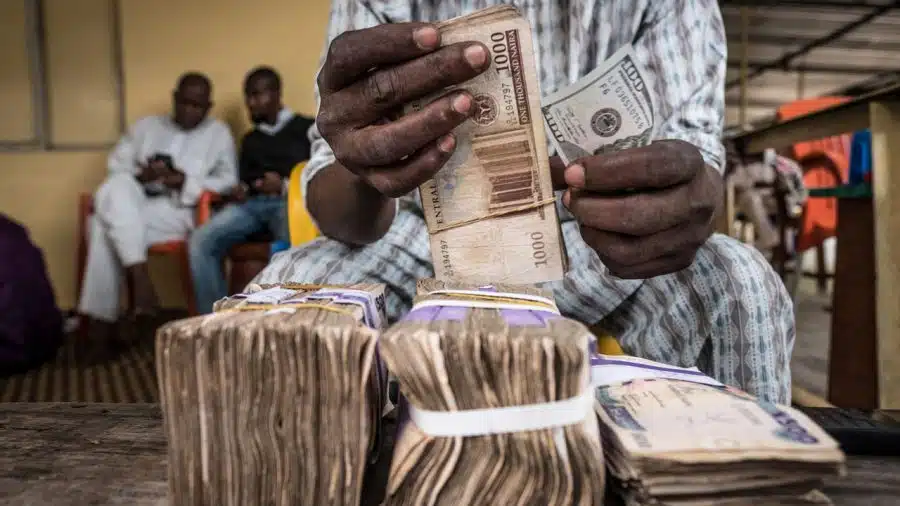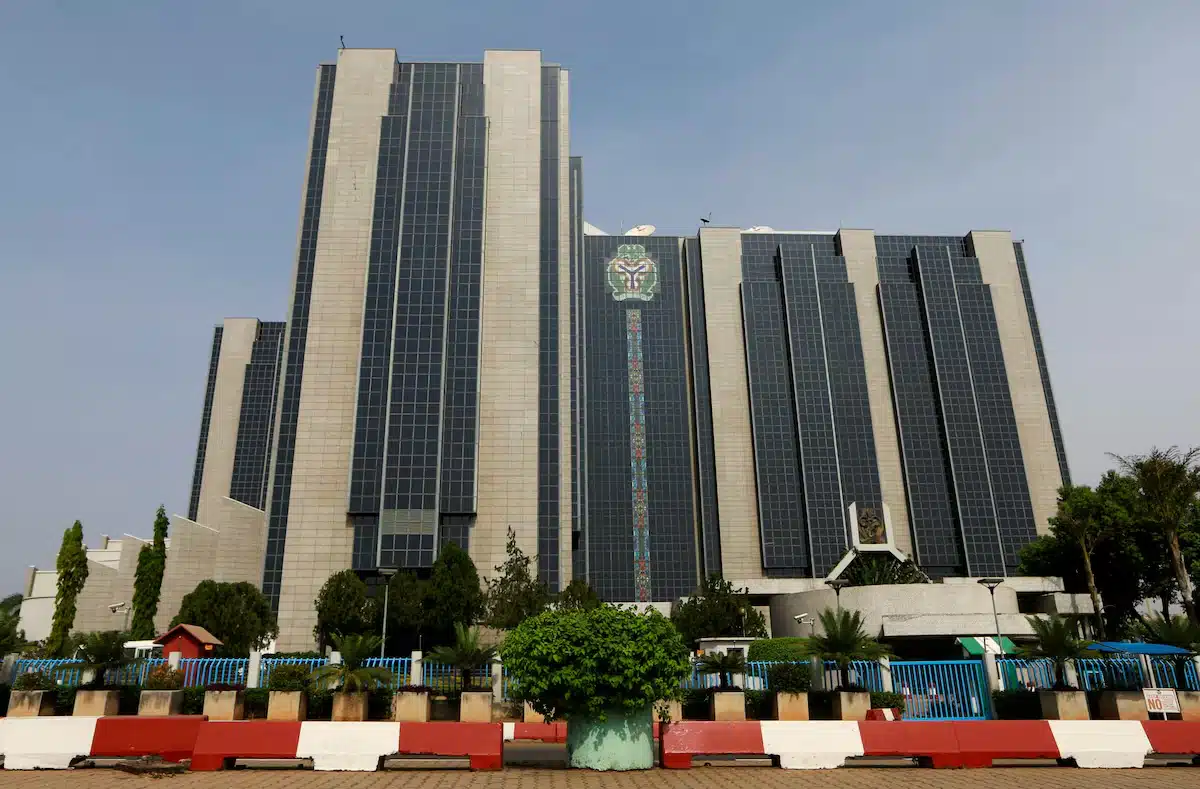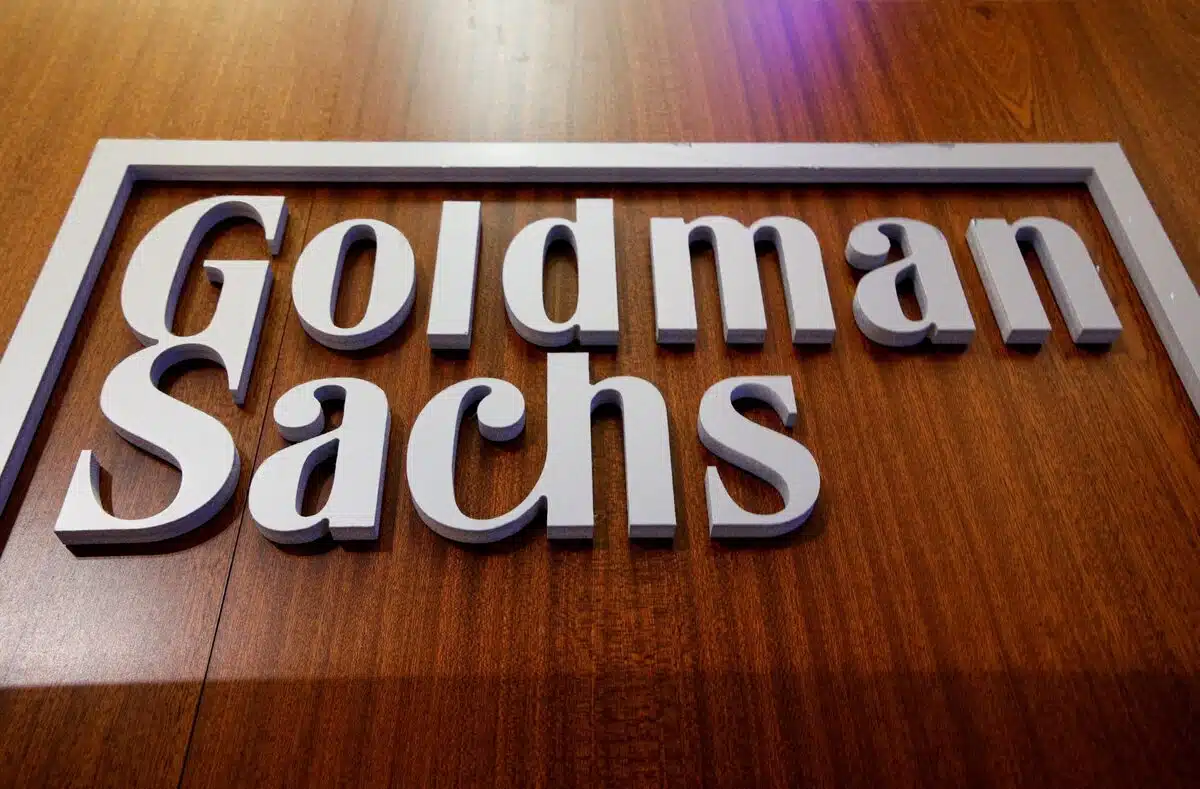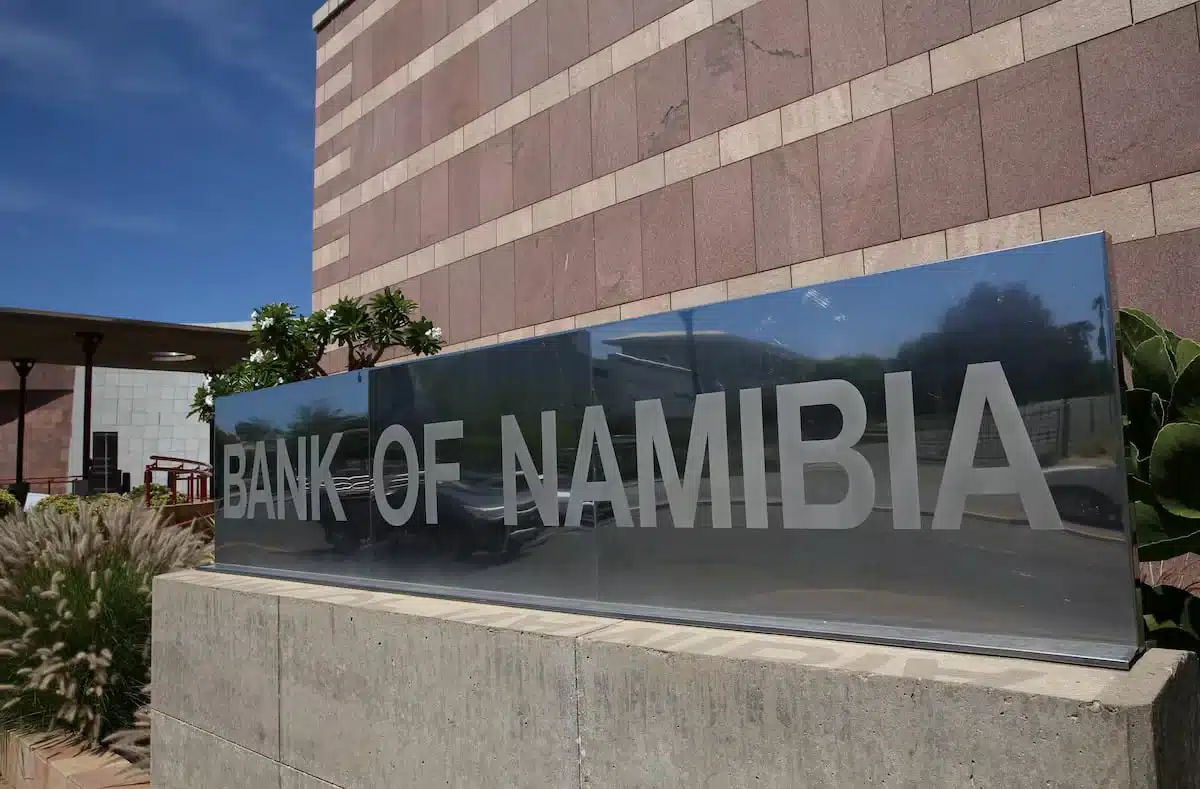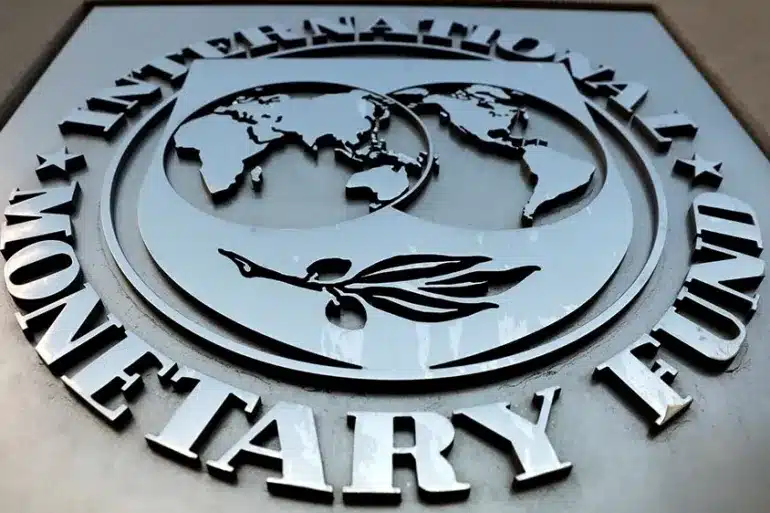The Central Bank of Nigeria’s (CBN) final deadline for Bureau De Change (BDC) operators to meet new capitalisation thresholds quietly expires today, June 3, 2025.
But the implications could be anything but quiet – over 3 million jobs hang in the balance as most operators remain non-compliant, and industry leaders warn of economic disruptions if the regulatory axe falls without cushioning.
The recapitalisation directive, issued in May 2024, raised the minimum share capital for BDCs from the previous general benchmark of $22,142 to $1.26 million for Tier 1 licenses and $316,280 for Tier 2 licenses, representing a drastic regulatory shift aimed at reforming Nigeria’s informal currency trading space.
“Less than 5% of our members have been able to meet the new capital threshold, creating widespread uncertainty and anxiety within the sector,” said Dr. Aminu Gwadabe, President of the Association of Bureau De Change Operators of Nigeria (ABCON).
“The way forward to mitigate this is an appeal for further extension and a deliberate review of the financial requirements as some members strive to achieve them,” he added.
Some context on BDCs in Nigeria
BDC operators serve as a critical link in Nigeria’s retail foreign exchange ecosystem, catering to SMEs, travellers, and individuals with modest forex needs.
Traditionally operating with lean capital structures, ABCON argues that the new thresholds are disproportionate to the nature of the BDC business, which neither takes deposits nor lends funds.
Gwadabe warns that more than 3 million direct and indirect jobs are now at risk if thousands of operators are pushed out of the market.
“The CBN should continue their stakeholder collaboration during the time of the extension to douse the anxiety, pressures, and tension currently enveloping the sector,” he urged.
In response, ABCON has initiated a range of strategies to mitigate the fallout, including lobbying for policy adjustments, encouraging mergers among smaller operators, and proposing the creation of public limited liability companies that could absorb non-compliant members.
We’ve submitted a request to the CBN for a ‘No Objection’ letter to float a public company that can integrate multiple operators under one umbrella,” Gwadabe explained. “But so far, we’ve only received a holding response.”
A possible way out
Consolidation is also on the table, with groups of five or more operators looking to pool resources to meet the capital requirement – a move ABCON believes could preserve jobs and ensure broader financial inclusion.
The CBN’s recapitalisation policy comes amid a wave of monetary reforms aimed at stabilising the naira and professionalising the forex market.
In theory, higher capital thresholds reduce risk and strengthen regulatory oversight. But implementation lacks a soft landing, especially for smaller operators that form the bedrock of Nigeria’s informal financial landscape.
What’s at stake is not only the survival of over 1,500 licensed BDC operators but also the livelihoods of thousands of agents, vendors, and micro-traders who form the foundation of Nigeria’s day-to-day currency exchanges.
Looking ahead, the mass exit of BDCs could tighten liquidity in the parallel forex market, widen the official-unofficial exchange rate gap, currently hovering between ₦1,584 and ₦1,605, and heighten inflationary pressures.
Recall that earlier last year, after the introduction of the capital requirement, BDC operators revolted, calling on the CBN to review the requirements, arguing that it was against the industry’s best practices. A move that ultimately didn’t materialize.
Going forward, the industry awaits the CBN’s next move, and the future of BDC operations in Nigeria remains uncertain. What’s clear is that the stakes are high – not just for operators, but for the millions who rely on them in an economy still struggling from years of currency instability and persistent inflation.
The exchange rate used is $1 = ₦1,584 (as of June 3rd, 2025)

